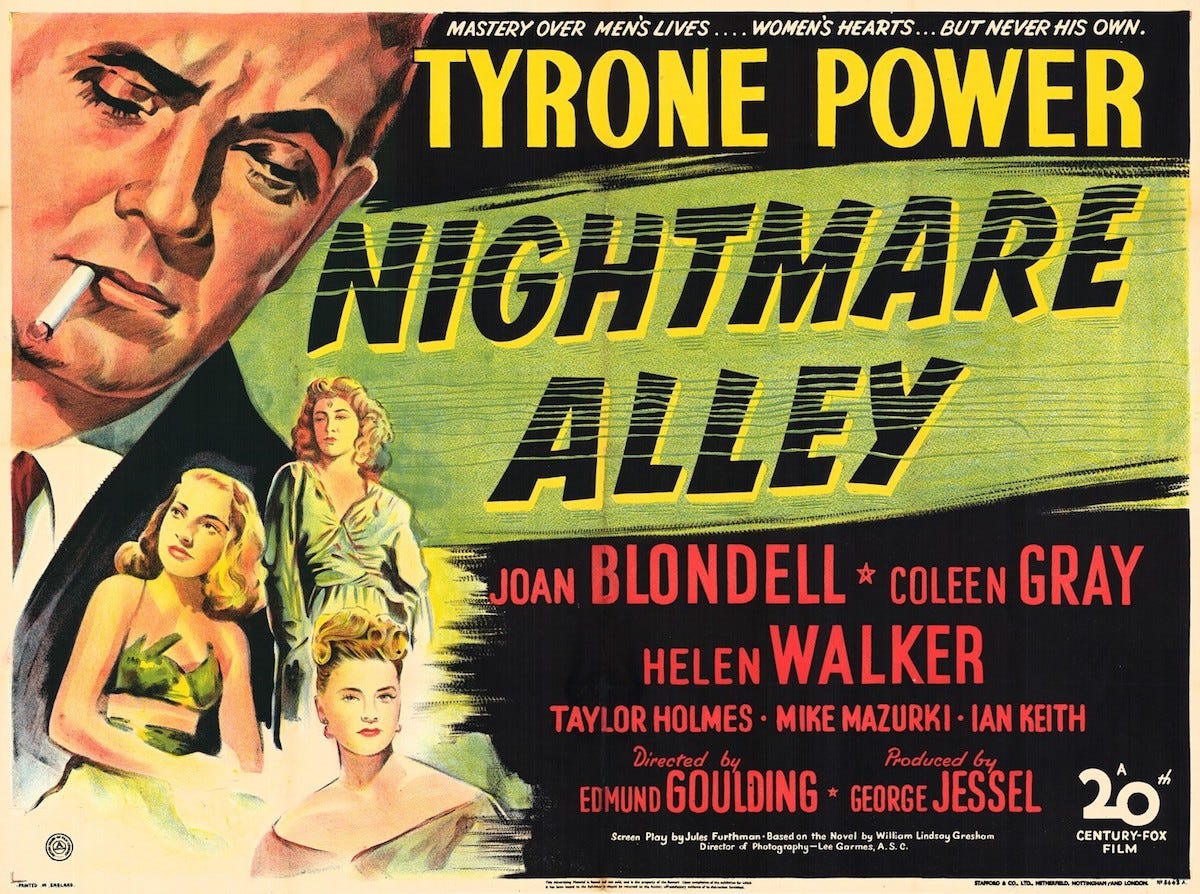Hollywood Unions and the Great Resignation
Plus: A one-paragraph ‘Spider-Man: No Way Home’ review
We call it “The Great Resignation,” that huge chunk of workers refusing to return to the workplace because they either realized it wasn’t worth it for what they were making or they decided they didn’t want to commute or they figured out they didn’t have to put up with abrasive, annoying colleagues.
As NPR noted back in October, it’s hard to pinpoint any one cause for the decline in workforce participation. And Derek Thompson highlighted in the Atlantic that it’s less about quitting than it is about job hopping, at least in certain sectors of the economy:
Let’s zoom in on one sector: the accommodations and food-services industry. Mostly composed of restaurants and hotels, this sector has seen more quits than any other part of the economy. But it’s not bleeding jobs. Quite the opposite: Accommodation and food services added 2 million employees in 2021, more than any other subsector I could identify.
In fact, accommodation and food services, which has been hardest hit by the Great Resignation, has also created one out of every three net new jobs in 2021. Does that make any sense? Only if you think about this as a job-switching revolution.
I wouldn’t compare below-the-line workers on film and TV sets to hotel or fast food employees, exactly, but they are similar in the sense that they tend to be less-well-paid than higher ups on productions, there are a lot of them, they have lower visibility, and they often work very long hours. And the production slow down during the pandemic has caused a number of them to realize they want a slightly higher standard of living than what they have now.
As the Hollywood Reporter noted, this is a generational change as much as anything else:
The pandemic catalyzed much of the activity. “People think about how so much could change in response to COVID in how their jobs were done, whether on-set or in an office,” explains University of Georgia entertainment and media studies professor Kate Fortmueller, whose research focuses on Hollywood labor. “So why not reimagine everything else?” To Fortmueller, it is salient that punishingly long hours with short turnarounds — an entrenched staple of production — have suddenly become Topic A since the IATSE negotiations. “A younger generation, coming up, is much more concerned about mental health,” she says. “They don’t have the same kind of workaholic mentality.”
Hollywood has more or less been at peace with the labor unions over the last couple of decades, a writer’s strike in the late-2000s aside. Whether or not that peace maintains as streamers try to squeeze every last penny out of production costs while filling the coffers of the few remaining big stars remains to be seen.
A One-Paragraph ‘Spider-Man: No Way Home’ Review
I’m not writing a proper review of No Way Home because I have a mild conflict. All I’ll say is that I saw it yesterday afternoon in a sold-out theater and found it tremendously entertaining: it’s funny, does a clever job of juggling all the various obligations it has not only to the Spider-Man movies but the broader MCU, and occasionally quite poignant. I have quibbles—there’s one too many epilogues, just one of the reasons it’s a modestly bloated 148 minutes, and there’s a slight hiccup in the “great power/great responsibility” messaging midway through the picture—but the movie absolutely killed in my theater. It’s going to be an enormous hit, and justifiably so; go see it in theaters before someone spoils some of the surprises for you.
Links!
I gave Nightmare Alley a proper review; it’s probably del Toro’s best movie since Pan’s Labyrinth, but take that with a grain of salt because a.) Pan’s Labyrinth is a masterpiece and b.) I think most of his movies since than have been a bit of a mess.
Very pleased to spend a half hour or so discussing Citizen Kane with Farran Nehme-Smith on the Bulwark Goes to Hollywood. Pick up that new Criterion 4K set for the movie lover in your life.
Alyssa returned to Across the Movie Aisle this week! We reviewed West Side Story and asked whether the New Yorkerwas too mean to Succession’s Jeremy Strong.
Speaking of West Side Story, make sure to check out Christian Thrailkill’s look at the film as it compares to previous iterations of the Stephen Sondheim play.
Assigned Viewing: Nightmare Alley (The Criterion Channel)
If you don’t want to go to the theater to check out Guillermo del Toro’s Nightmare Alley, you could always watch the original adaptation of William Lindsay Gresham’s novel on the Criterion Channel. It’s a tighter film, running nearly a half-hour shorter, and it accomplishes this tightness by eliding some of the backstory of the nominal protagonist, played in this film by Tyrone Power. I wouldn’t say it’s darker than del Toro’s, but it’s exceptionally dark for a film released in 1947.





Does this mean no podcast review of No Way Home too?
"because I have a mild conflict:" Sonny Burch confirmed to return in the next Antman